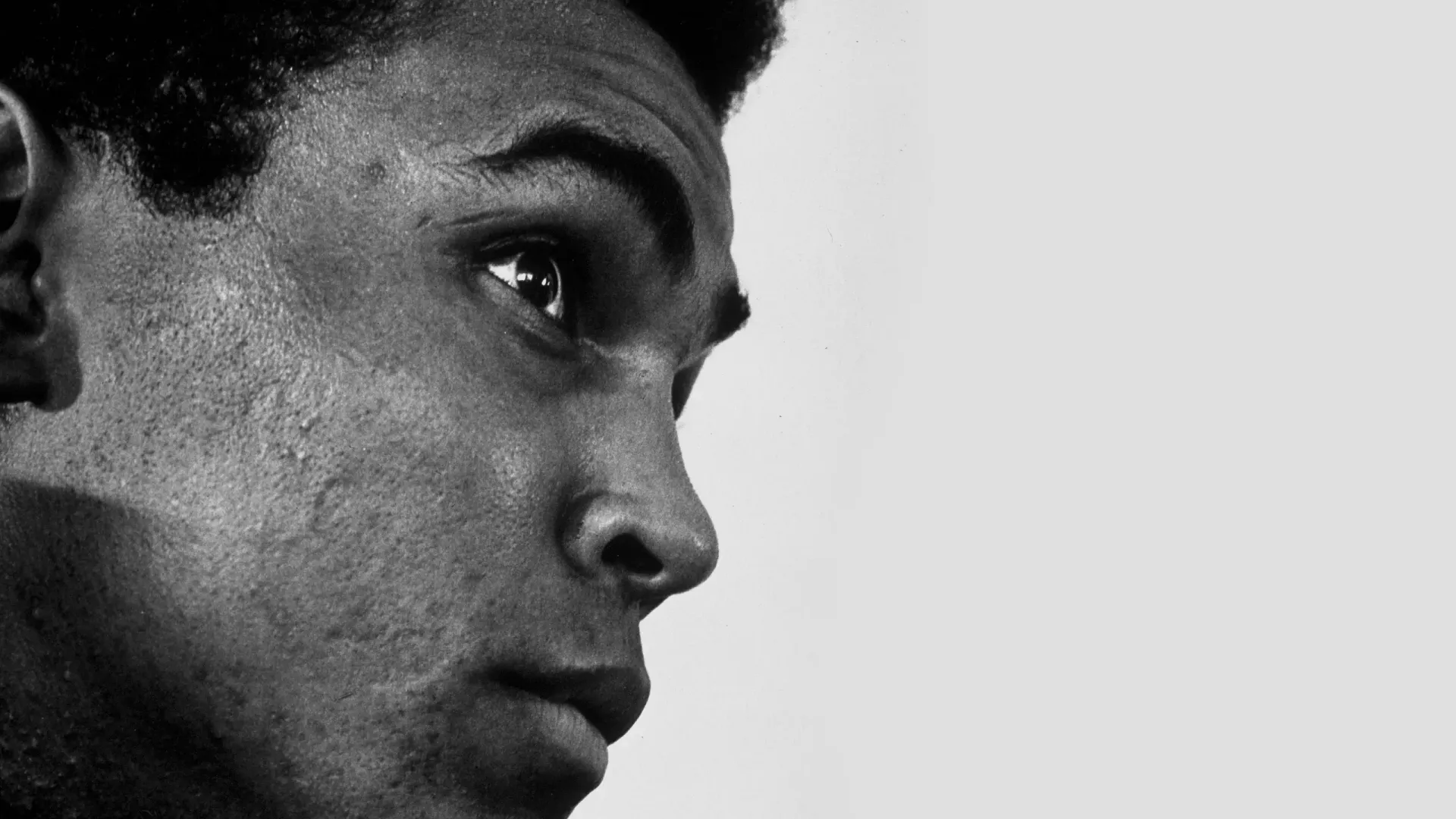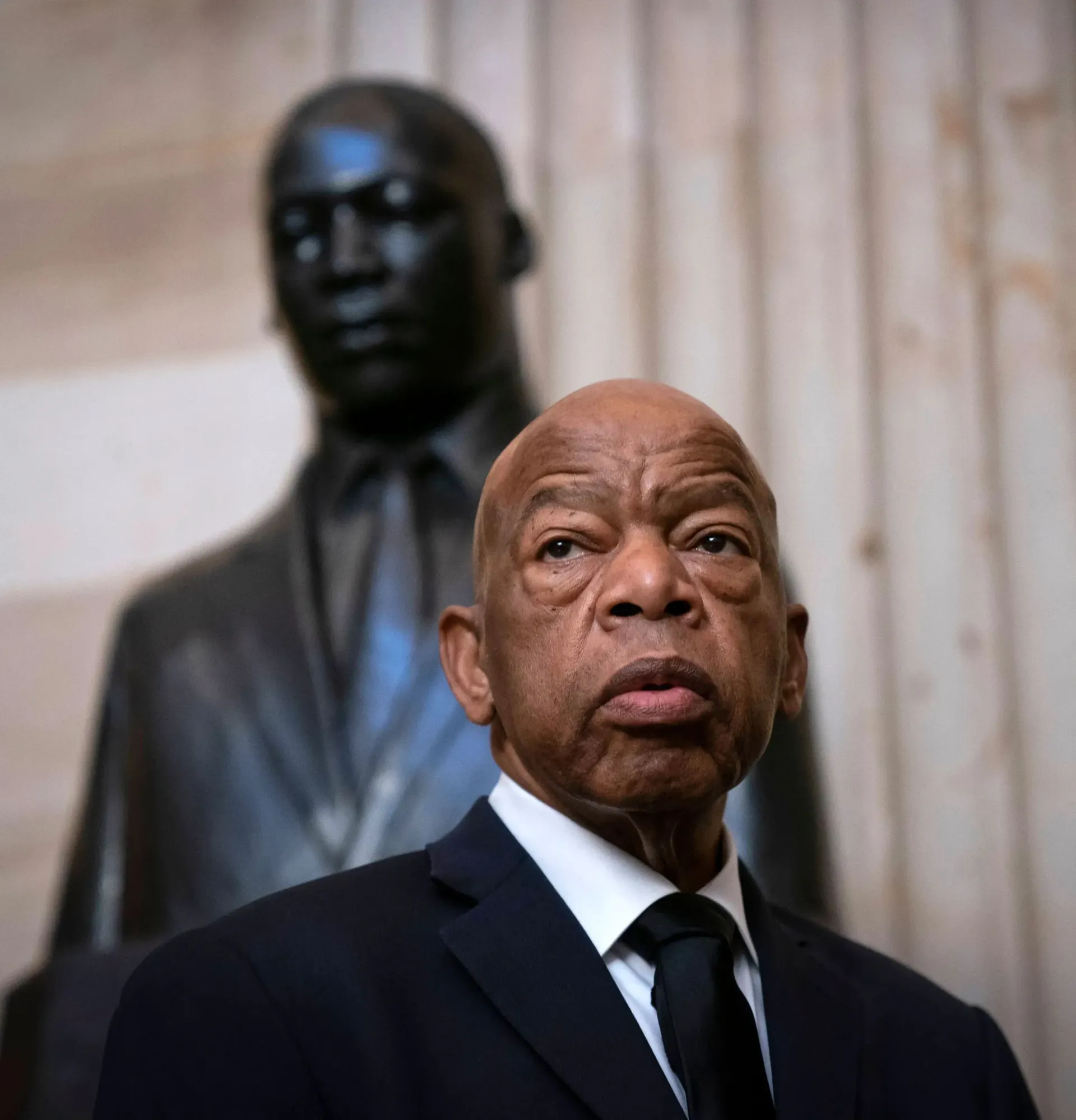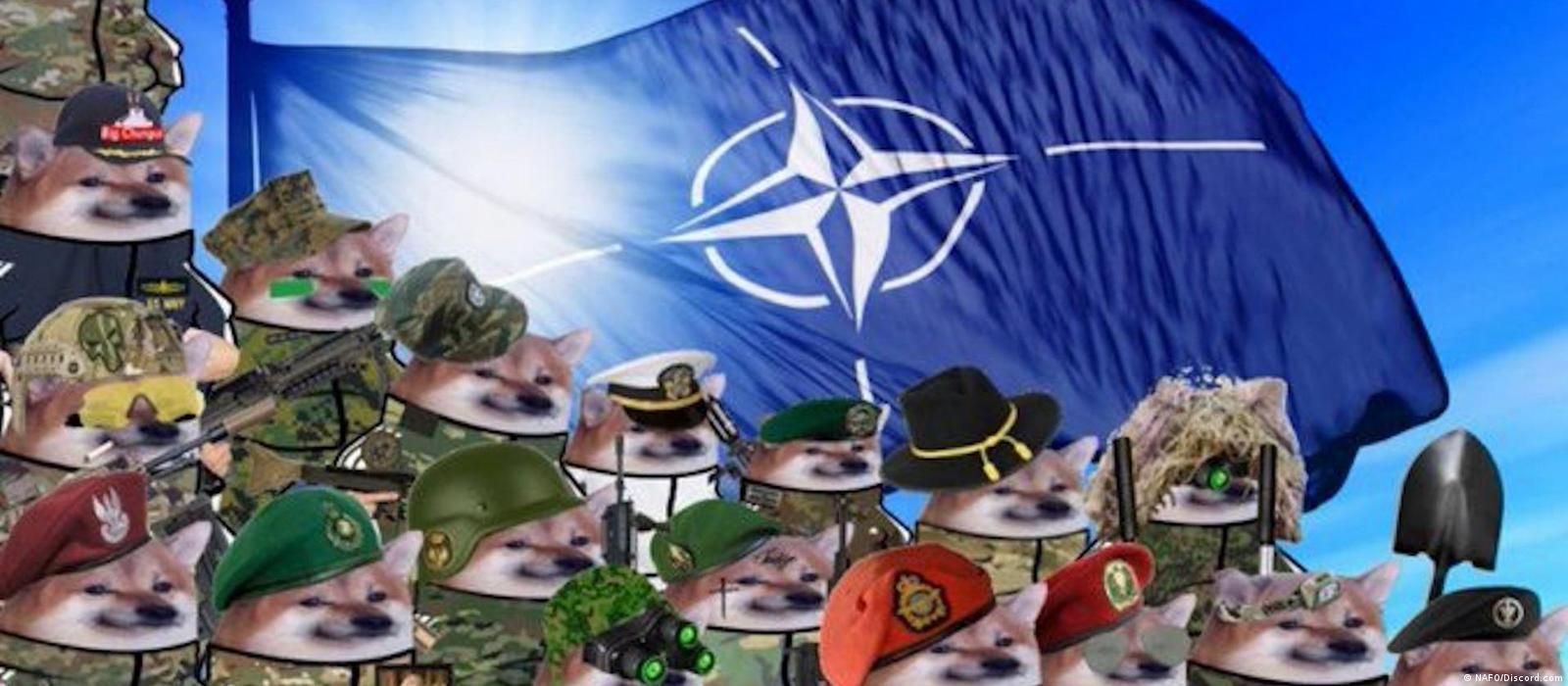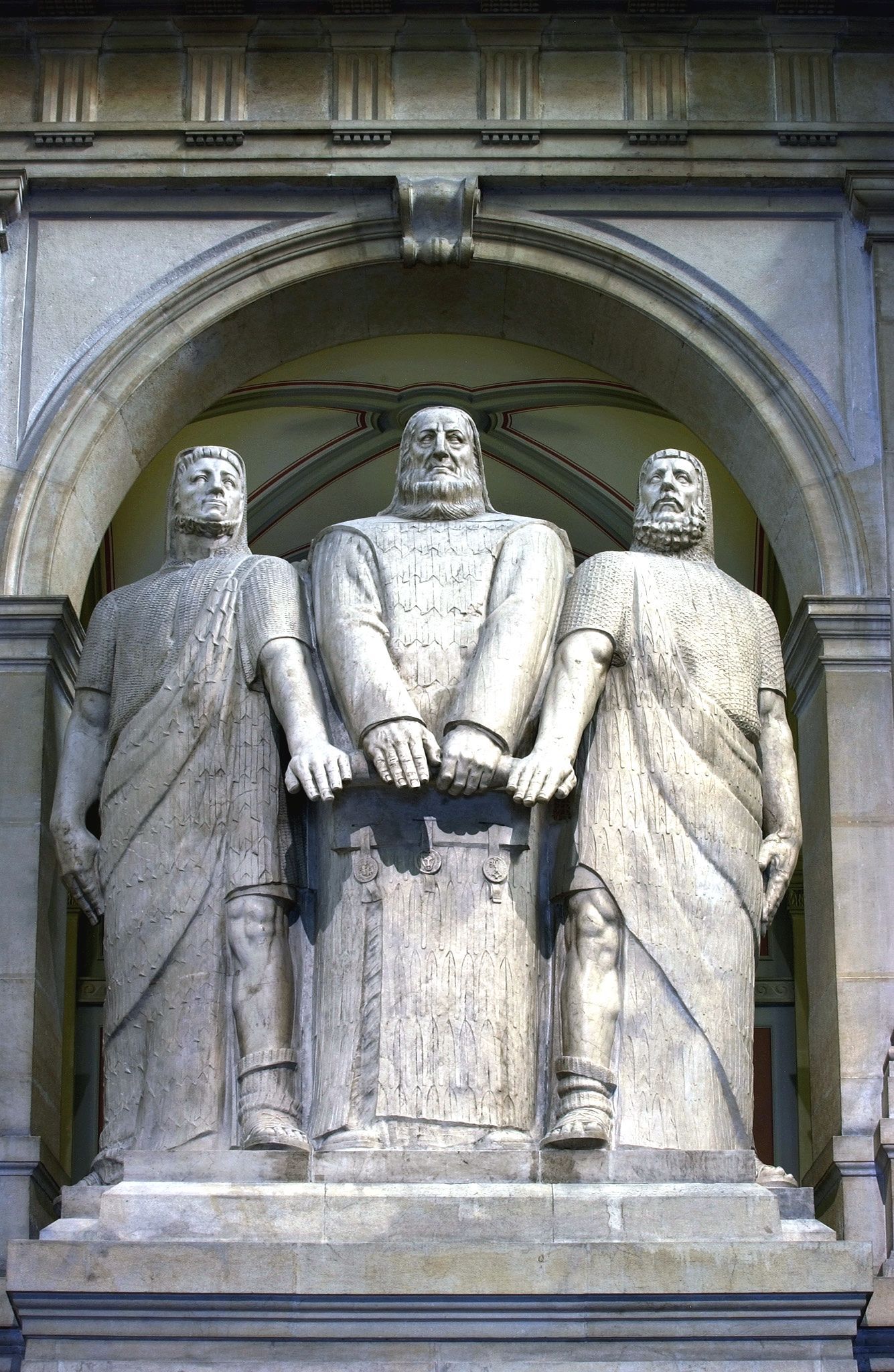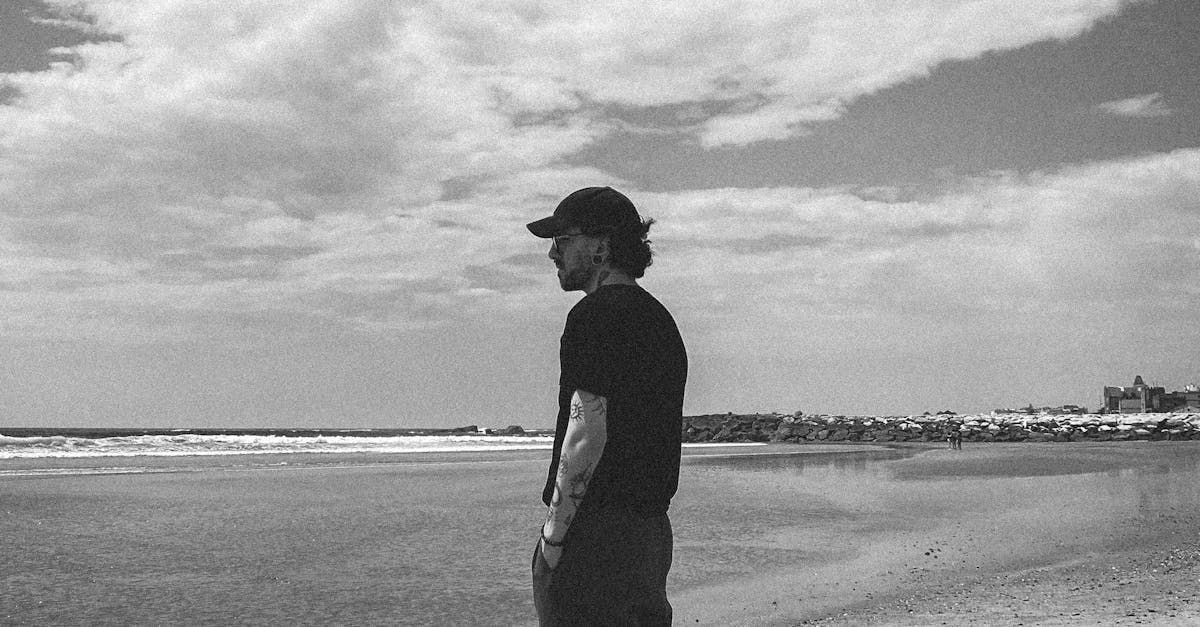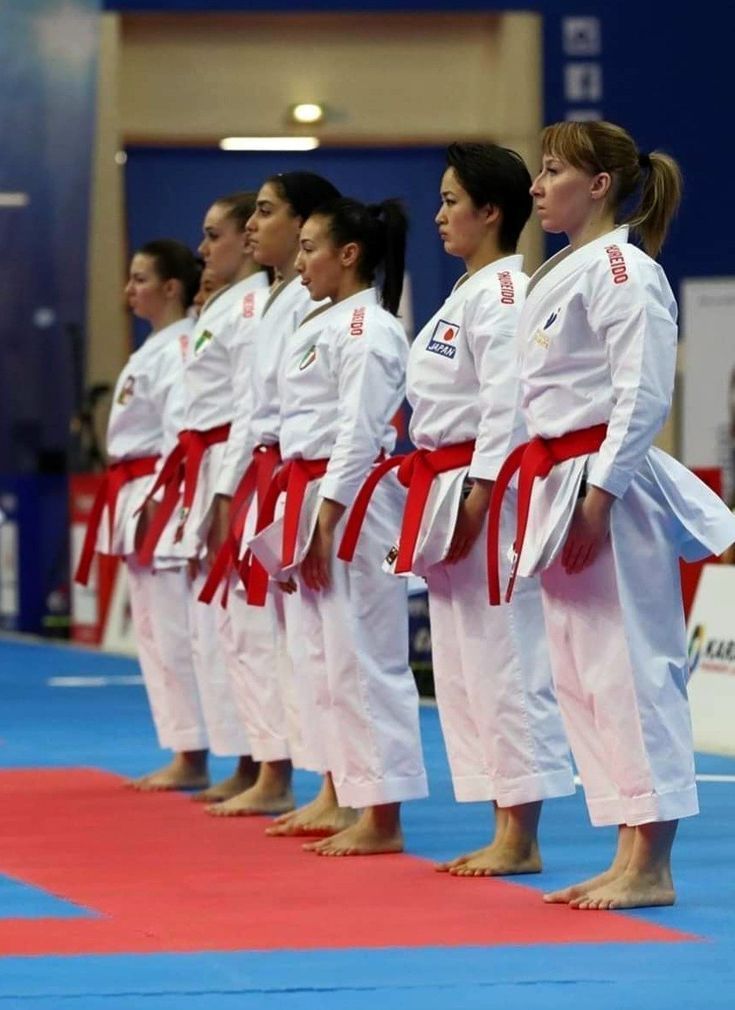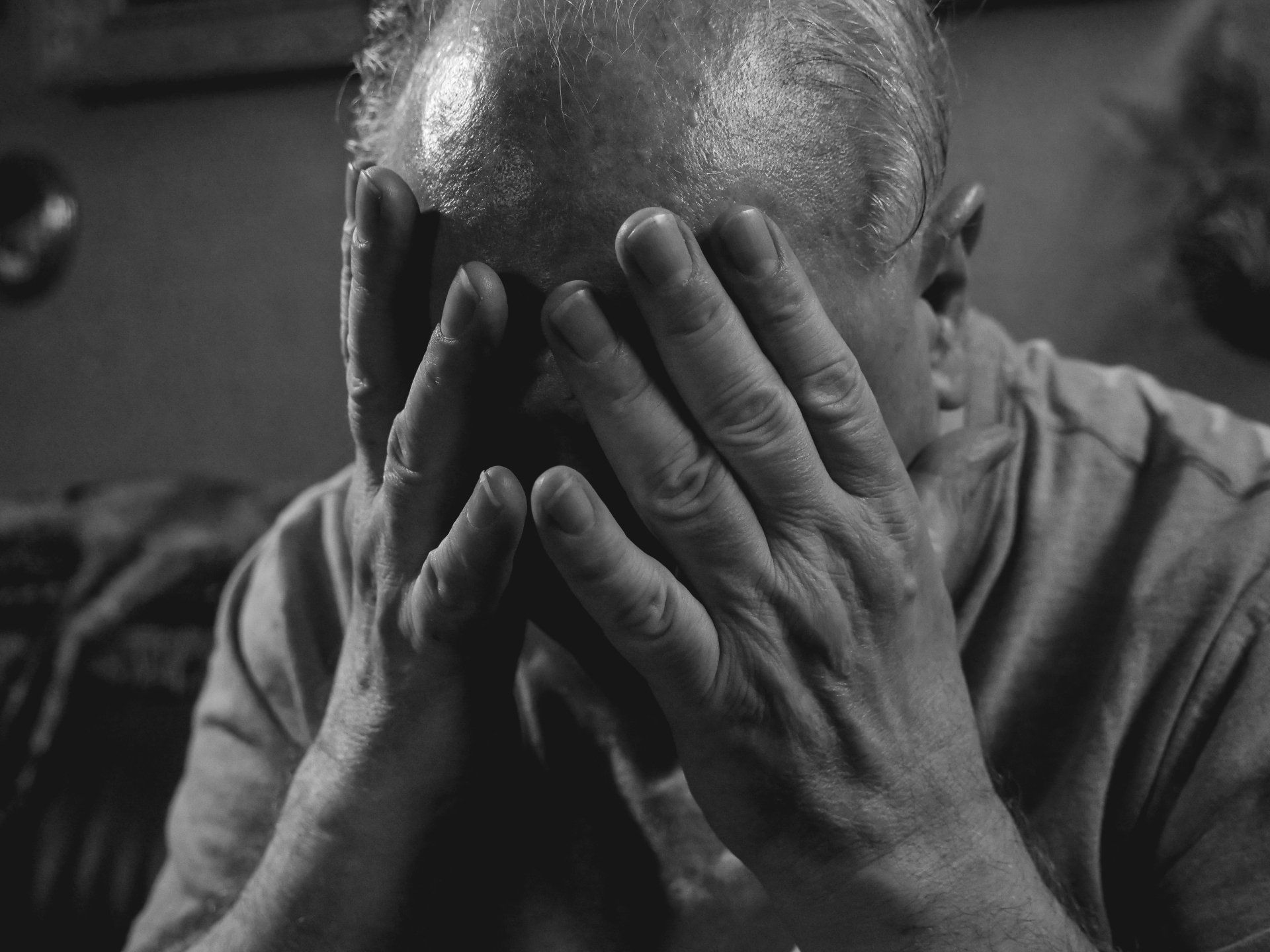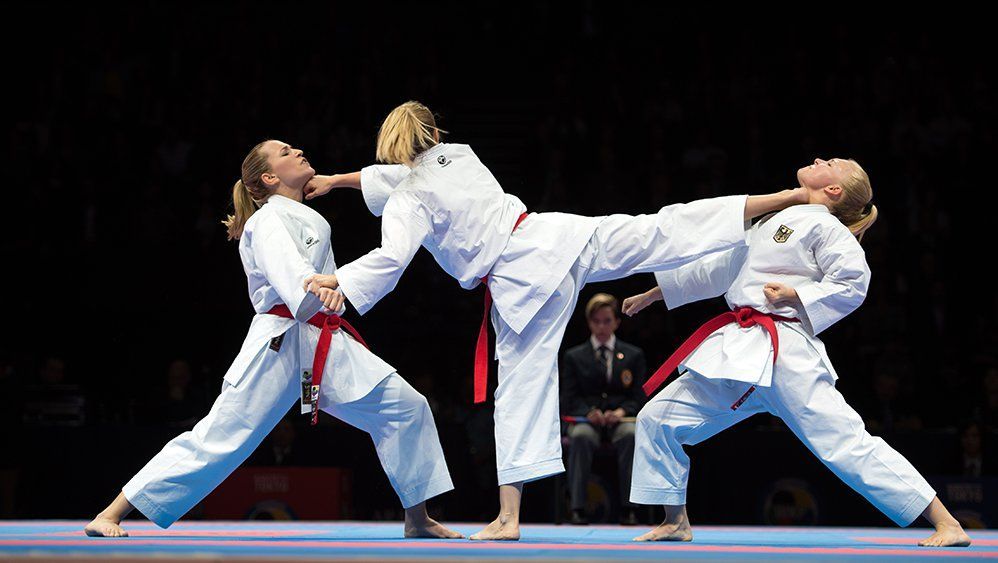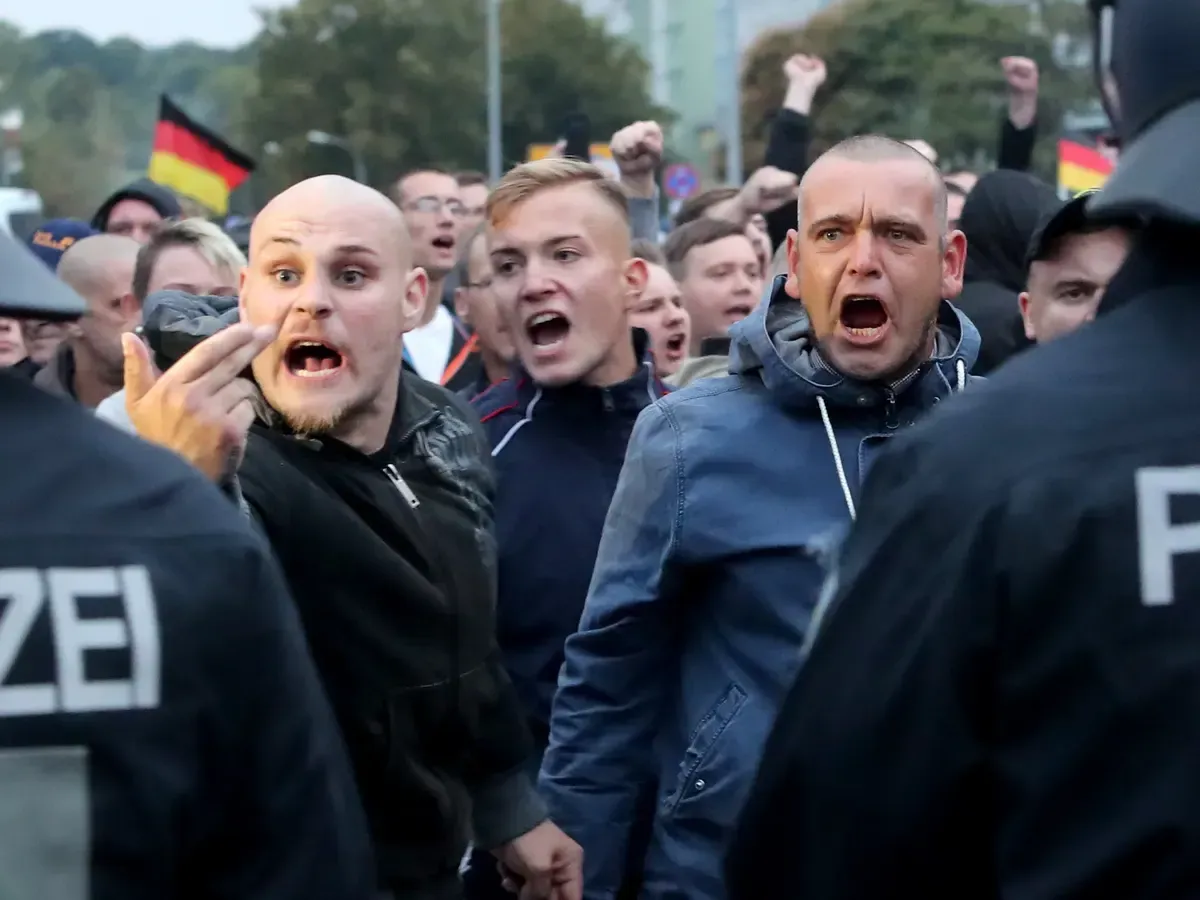Honor and Integrity in a Fractured World
The Quest for Modern Nobility: Reviving Honor and Integrity in a Fractured World
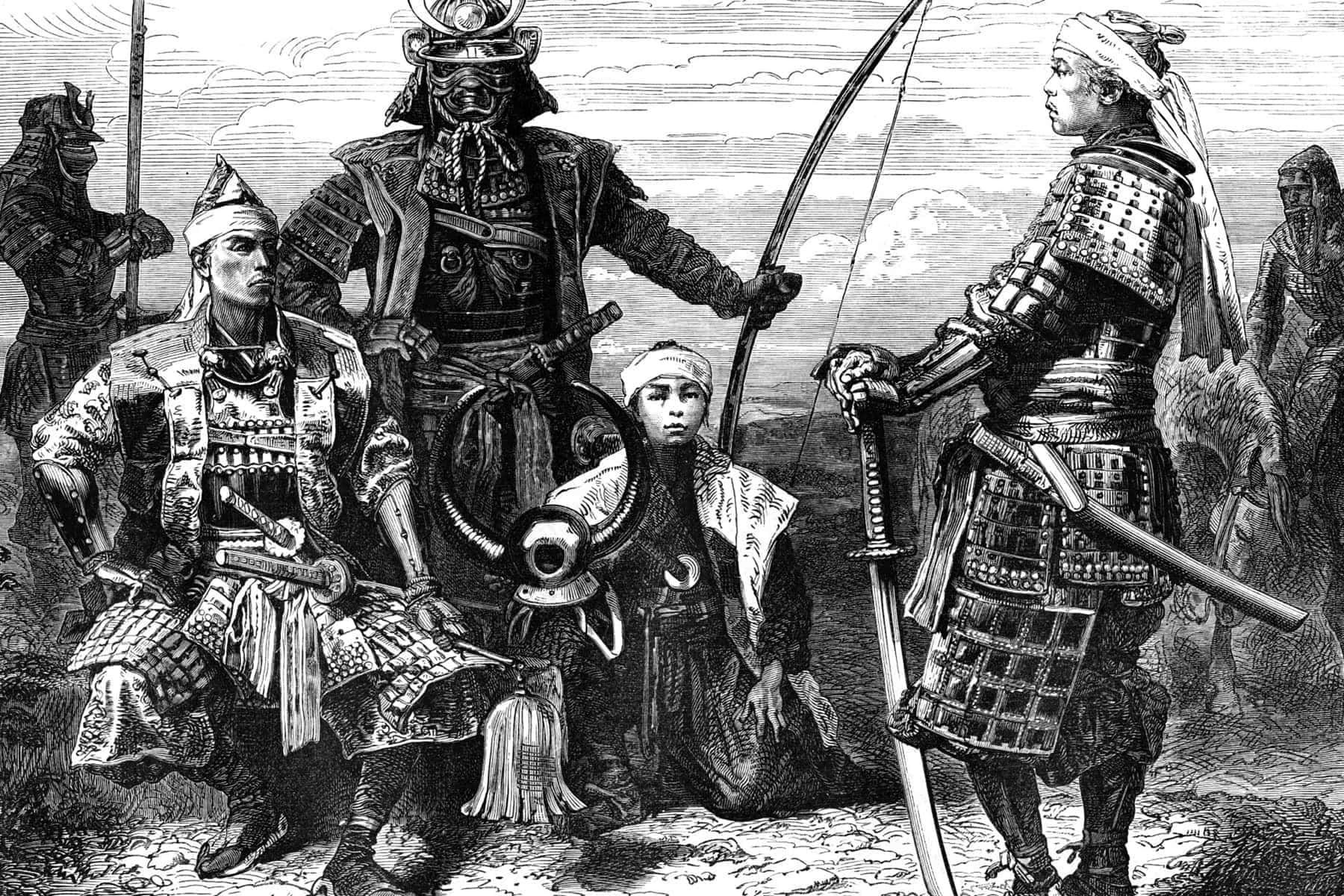
In today's rapidly changing society, the ancient concepts of honor and integrity seem more like relics of a bygone era than guiding principles for contemporary life. Yet, as we navigate the complexities of the 21st century, the need for these values has never been more acute. This essay will explore the essence of honor and integrity, drawing on historical and fictional examples, and propose the creation of a new form of nobility, bound not by lineage but by a codex of conduct, to guide us through the moral quandaries of modern existence.
Historical Paradigms of Honor and Integrity
The concept of honor has varied greatly across cultures and eras, often tied to social status, martial valor, or moral rectitude. In feudal Japan, the samurai embodied a sophisticated code of conduct known as Bushido, or "the way of the warrior." This codex, which evolved over centuries, emphasized virtues such as courage, loyalty, respect, and, above all, honor and integrity. A samurai's honor was his lifeblood, guiding his actions and decisions with an almost existential weight. Dishonor, for a samurai, was a fate worse than death, leading to practices such as seppuku (ritual suicide) to restore tarnished honor.
In the realm of Western chivalry, knights adhered to a similar set of principles, which included courage, honesty, and the protection of the weak and innocent. These ideals, immortalized in literature and history, served as a moral compass in a turbulent feudal society. However, like the samurai, the knight's code was largely reserved for the elite warrior class, often inaccessible to the common folk.
Fictional Exemplars: The Superman Ethos
Moving from history to the realm of fiction, the character of Superman serves as a modern symbol of honor and integrity. Created in the 1930s, Superman is not just a superhero with extraordinary powers; he is also Clark Kent, an everyman with a strong moral compass, representing an idealized version of humanity. His commitment to truth, justice, and the American way mirrors the chivalric virtues of old, updated for a contemporary audience. Despite his alien origins, Superman's unwavering moral code and sense of responsibility make him a beacon of hope and an exemplar of integrity in a cynical world.
The Need for a New Nobility
The challenges of the 21st century—globalization, technological advancement, environmental crises, and deepening social divides—call for a reevaluation of our moral frameworks. The hierarchical and exclusive nature of historical codes like Bushido and chivalry, and even the singular heroism of figures like Superman, may not fully address the collective and interconnected nature of contemporary ethical dilemmas.
Thus, we propose the concept of a new nobility, not one of birth or singular heroism, but of collective responsibility and ethical conduct. This new nobility would be open to all, regardless of social, economic, or cultural background, bound by a codex of conduct that emphasizes the universal virtues of honor, integrity, empathy, and communal responsibility.
Principles of the New Codex
Universal Respect: Acknowledge the inherent dignity and worth of every individual, transcending cultural, racial, and social divides.
Integrity in Action: Commit to honesty, transparency, and consistency between one's values and actions, even in the face of personal or professional risk.
Empathy and Compassion: Strive to understand and empathize with others, particularly those from different backgrounds or with opposing viewpoints.
Communal Responsibility: Recognize that individual well-being is intrinsically linked to the well-being of the community and the environment, and act accordingly.
Courageous Leadership: Embrace the responsibility to lead by example, challenge unjust systems, and stand up for the vulnerable, even when it is unpopular or dangerous to do so.
Contemporary and Historical Examples
In seeking models for this new nobility, we can look to individuals like Malala Yousafzai, who, despite personal danger, advocates for girls' education and women's rights. Or we might consider the actions of whistleblowers who, driven by a sense of integrity, risk their careers to expose wrongdoing. Historical figures like Mahatma Gandhi or Martin Luther King Jr., who led non-violent struggles for justice and equality, also embody the virtues central to our proposed codex.
Moreover, in less public spheres, acts of honor and integrity unfold daily in the decisions of ordinary people to stand up for what is right, to help others, and to live according to their principles, often without recognition or reward.
Implementing the New Nobility
Adopting this new form of nobility requires a cultural shift, a move away from a focus on individual success measured by wealth and status, toward a recognition of ethical leadership and communal well-being. It calls for education systems that emphasize moral and civic education, fostering a sense of global citizenship and responsibility. It demands transparent institutions that hold themselves accountable to the highest ethical standards and encourage the same in their employees. And it requires each of us to reflect on our own values and actions, to strive to live up to the ideals of this new codex.
Challenges and Criticisms
The path toward this new nobility is not without its challenges. Critics may argue that such universal principles are too idealistic, clashing with the complexities and moral ambiguities of real-world situations. Others may worry about the imposition of a singular moral framework on diverse cultures and communities. These concerns are valid and highlight the need for flexibility and adaptability in the application of these principles, allowing for cultural nuances and individual circumstances while maintaining a core commitment to ethical conduct.
Moreover, the journey toward a more honorable society is likely to be slow and fraught with setbacks. Change at this scale is incremental and requires the collective effort of individuals, communities, and institutions. It involves confronting uncomfortable truths about ourselves and our societies, challenging entrenched power structures, and making sacrifices for the greater good.
A Call to Action
The creation of a new form of nobility, bound by a codex of conduct centered on honor and integrity, is more than a nostalgic longing for the chivalry of old or the heroism of fictional characters. It is a recognition of the interconnectedness of our modern world and the shared challenges we face. It is an acknowledgment that the principles of honor and integrity, far from being outdated, are desperately needed to guide us through the moral complexities of the 21st century.
This new nobility does not require us to be superheroes or samurais, but it does ask us to aspire to a higher standard of behavior in our daily lives. It calls on us to be aware of the impact of our actions, to stand up for what is right, and to support others in doing the same. It is a call to action for all who believe in a fairer, more just, and more compassionate world.
In conclusion, the quest for modern nobility is a collective journey toward a society where honor and integrity are not just ideals, but lived realities. It is an invitation to each of us to embody the virtues we admire, to create a legacy of ethical leadership and communal responsibility. In doing so, we may not only navigate the moral quandaries of our time but also lay the foundation for a future defined by dignity, respect, and a shared commitment to the common good. Let us rise to this challenge together, forging a new path of nobility for the generations to come.
